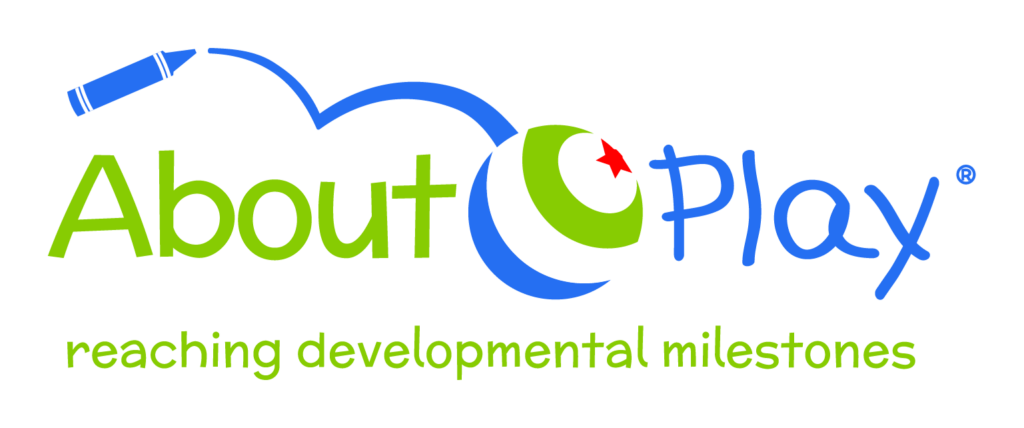Blog

Signs of Hearing Loss in Infants & Toddlers
Do you think your child might have hearing loss? The signs aren’t always obvious, so we’re here to help. We’ll explain what hearing loss is, the signs of hearing loss in infants and toddlers, and what you can do to make sure your child gets the support they need.
Hearing Loss in Infants and Toddlers
Hearing loss can impact a child’s language development and social skills. The earlier the hearing loss is diagnosed, the sooner they can get the assistance they need and reach their full potential.
What Is Hearing Loss?
Hearing loss is when any part of the ear isn’t working correctly. This could include the outer ear, inner ear, middle ear, acoustic nerve, or auditory system.
Hearing loss in children can begin at birth or develop later in life and can be genetic or caused by infections during pregnancy, such as rubella. It can also result from a syndrome, trauma, infectious disease, or an isolated incident. Also, babies that have spent time in the NICU are more likely to encounter hearing loss. In some cases, genetic testing can help determine the cause of hearing loss.
Depending on the origin of hearing loss, it can be sensorineural or conductive. Sensorineural is permanent hearing loss that occurs when the inner ear or auditory nerve is damaged. Conductive hearing loss can usually be treated with medicine or surgery. It occurs when sound can’t travel through the ear. This could be due to earwax buildup, a foreign body in the ear, or a punctured eardrum.
The Major Signs of Hearing Loss in Infants
Each child is unique, and the signs and symptoms of hearing loss will vary. If you suspect that your child might have hearing loss, ask their doctor for a screening and look out for these signs:
- Not startled by loud noises
- Doesn’t turn in the direction of the noise source after 6 months of age
- Doesn’t say single words by 1 year of age (ex. “Dada” or “Mama”)
- Appears to hear some sounds but not others
- Babbling or experimenting with making sounds has stopped
- Doesn’t react to noises, even when being held
- The ear is missing or malformed at birth
The Major Signs of Hearing Loss in Toddlers
If your toddler isn’t reaching their developmental milestones, it could result from hearing loss or another developmental delay. Keep your eye out for these signs of hearing loss, and if one or more is present, schedule a visit with their pediatrician:
- Delay of language and speech development
- Speech isn’t clear
- Speech is delayed
- Doesn’t follow instructions
- Turning music and television up too high
- Inability to hear faint sounds
- Doesn’t look in the direction of sounds
- Doesn’t follow simple demands
- Easily gets frustrated when trying to communicate
What To Do if You Suspect Your Child Has a Hearing Issue
As a rule of thumb, all babies should have a hearing screening within their first month of life. In fact, most babies have their hearing screened when they’re still in the hospital after being born. Children should be screened before they begin school or anytime there’s a concern about their hearing.
Hearing screenings are easy and painless and shouldn’t be anything for the child to be afraid of. Most babies are asleep while being screened, and it usually doesn’t take more than a few minutes.
If your child doesn’t pass a hearing screening, they should be tested again by a health professional specializing in hearing solutions. If necessary, they can recommend cochlear implants, hearing aids, bone conduction implants, and more.
Hearing Treatments and Early Intervention Services
When it comes to your child and family, getting the specialized care you deserve is important. High-quality treatments will include close monitoring, follow-ups, and readjustments along the way. Here at About Play, we offer top-notch early intervention services for your family but for those that qualify, South Carolina School for the Deaf and Blind (SCSDB) is an agency that can provide specialized services to support your child and family in dealing with significant hearing loss.
If your child might have hearing loss and would benefit from early intervention, contact us today. Our knowledgeable staff is here to help your child thrive.




